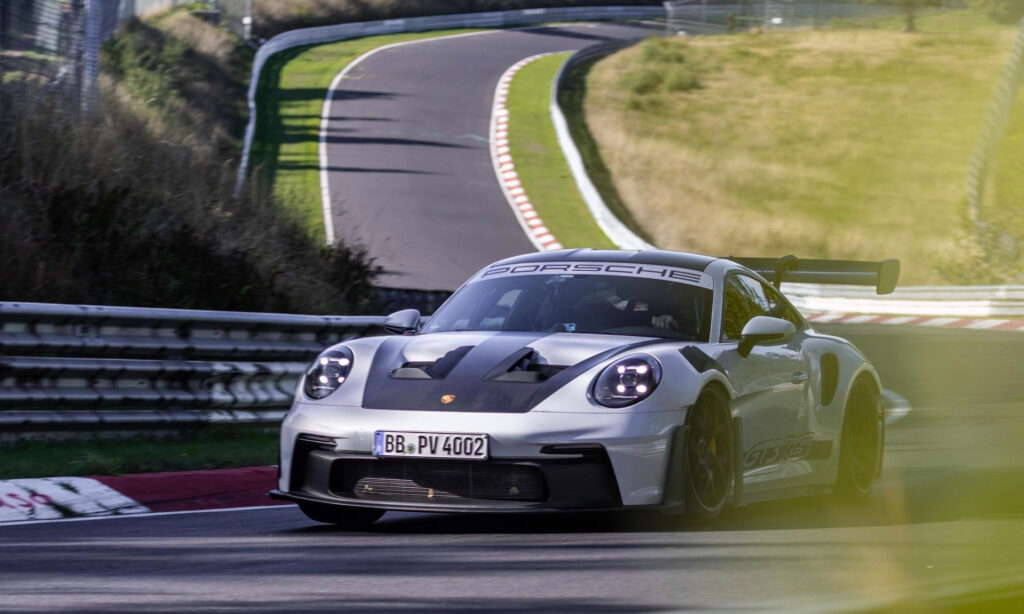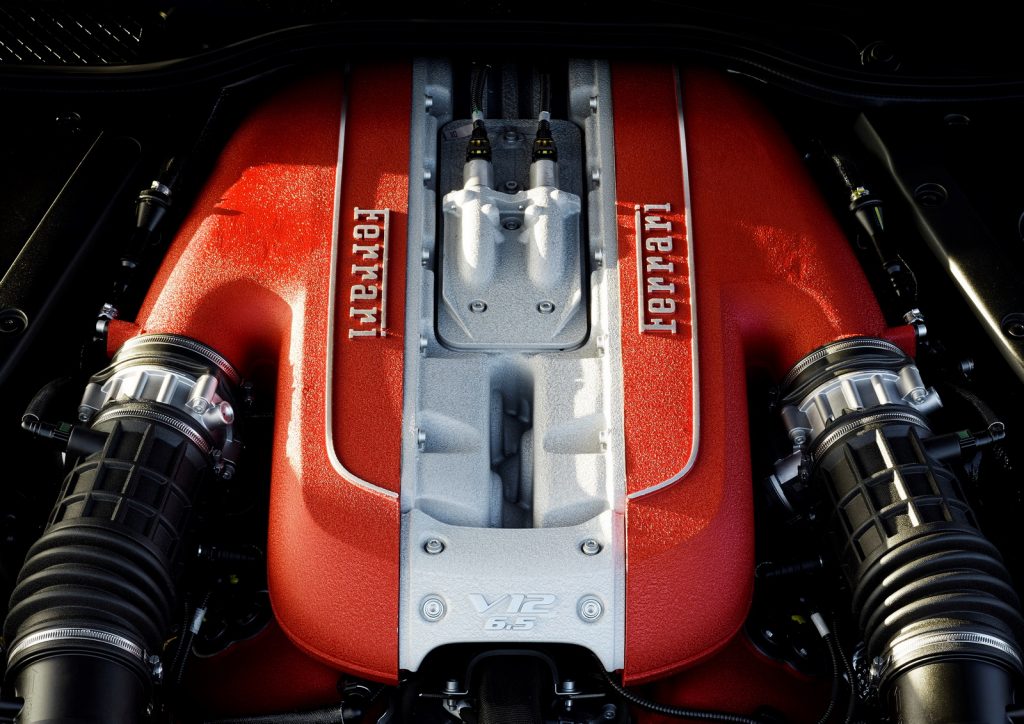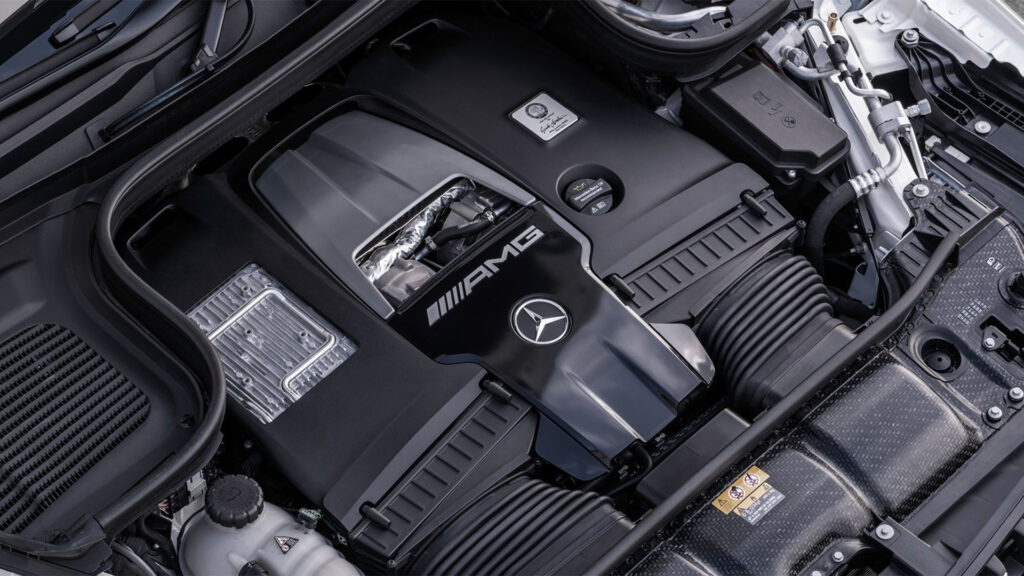The internal combustion engine may get a new lease on life in the Old Continent after the European Commission drafted a plan that could allow the sales of e-fuel-powered vehicles after 2035.
The European Union has been moving forward with plans to ban the sale of new internal combustion engine vehicles from 2035, paving the way for an all-electric future. EU countries and the European Parliament agreed to the law last year after months of negotiations but this month, Germany’s Transport Ministry lodged last-minute objections to the law.
Germany has demanded that the European Union allow the sales of new cars that run solely on e-fuels to be legal after 2035.
Read: Porsche, Ferrari Behind e-Fuel Debate That Could Derail 2035 EU ICE Ban

A plan drafted by the European Commission suggests that a new vehicle category could be made in the European Union specifically for cars that run solely on carbon-neutral fuels. The plan, viewed by Reuters, adds that vehicles would need to use some kind of “fueling inducement system” that would be able to determine the type of fuel used and prevent the vehicle from operating if it was fueled with anything other than an e-fuel.
The European Commission’s insistence on the use of this fueling inducement system is problematic for Germany as it could force car manufacturers to develop all-new engines. Sources claim that German Transport Ministry Volker Wissing wants to see improvements made to the European Commission’s plan. The involved parties could look to secure an agreement before this week’s EU summit.
Italy has also expressed opposition to the EU’s plans. It is understood that Porsche and Ferrari are among those car manufacturers hoping that combustion engines can thrive beyond 2035 as both brands are investing in synthetic fuels.




